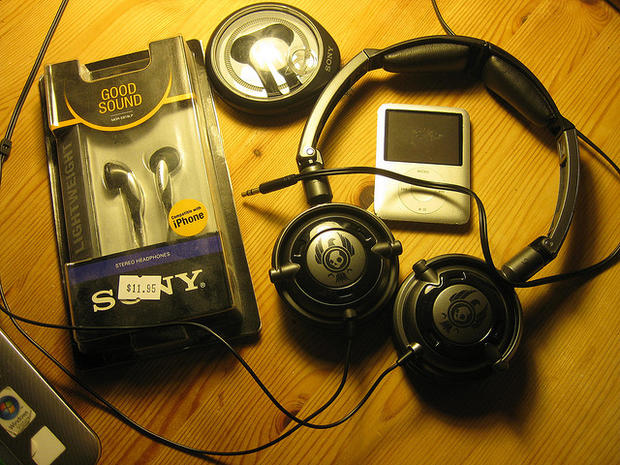Apple patent throws wrench into Facebook plans
COMMENTARY A new patent awarded to Apple (AAPL) has the potential of locking Facebook out of an important area of growth: using credits to acquire such "media items" as songs, videos, images, e-books and podcasts. The definition of "digital asset" also raises questions of whether Zynga's (ZNGA) virtual goods -- the mainstay of its revenue -- would also fall under this patent. Even payment systems like Bitcoin could run into trouble.
Apple has already proven that it is willing to use patents as weapons in the mobile computing space; it has expanded its suit against Samsung in Australia to 278 patent claims. At what point does the company, which will be challenged to keep growing at its current rate, start to use patents to attack competitors in its widening spheres of operations?
Facebook's IPO: More Yahoo than Google?
Let's be honest, Facebook is a badly overpriced photo-sharing and gaming site
Facebook: Strong growth, but not compelling
A credit for your thoughts
Patent number 8,112,360, originally filed in May 2006 and granted today, is called Digital Media Acquisition Using Credit. Here's the first independent claim that covers the basic method (with another claim covering a computer system that would do this):
A method for acquiring a media item from an online media store using a credit, said method including at least: (a) identifying a media item being purchased by a purchaser, the media item having a purchase cost associated therewith; (b) determining whether the media item is permitted to be acquired using an item credit, the determining being based on at least the purchase cost and a country of origin for the purchaser, wherein said determining (b) includes at least: (b1) determining a media type for the media item; and (b2) determining whether the media type for the media item is permitted to be acquired using an item credit; (c) determining whether the purchaser has at least one item credit available at the online media store; and (d) thereafter applying the item credit associated with the purchaser so as to reduce or eliminate the purchase cost of the media item when said determining (b) determines that the media item is permitted to be acquired using an item credit.
So, the system must do the following:
- associate media items with a price in company or store credits
- determine whether a given item is available for a credit purchase
- identify the country in which a given user is in case there is a limitation on selling to that country
- perform the transaction
As the company notes in its SEC filing, its financial performance is driven by the people who use the service:
To the extent our active user growth rate slows, our business performance will become increasingly dependent on our ability to increase levels of user engagement in current and new markets.
Although the company bravely says that it aims to connect all Internet users in the world, that is unrealistic. There are already signs of slowing growth in key markets.
As Facebook can see from Apple and Amazon (AMZN), media sales could be a big way to drive growth. Many media-centered companies would love access to Facebook's users. That's how Zynga made its mark. But Facebook eventually demanded that Zynga, or anyone else interested in using its network to trade in virtual goods, has to use Facebook credits to complete the transaction. And since Facebook does check from where someone is connecting (presumably including country), that puts any media sales squarely under the new Apple patent.
This wasn't an attempt by Apple to block Facebook; it filed the application when the social network was a university curiosity. But that's exactly what Apple could do, if it wished. And the issue extends anywhere "credits" are used to buy media. For example, any media companies using Bitcoin or other credit-based payment systems to sell their wares could also fall under the patent's shadow. Even media companies that want to give away free copies of content through stores using a credit mechanism would have potential problems.
There's also the question of how widely one could interpret a media item. Would it be reasonable to say that the term covered virtual goods that people use in playing games, such as the ones that Zynga runs? This could make life sticky for a number of companies.
